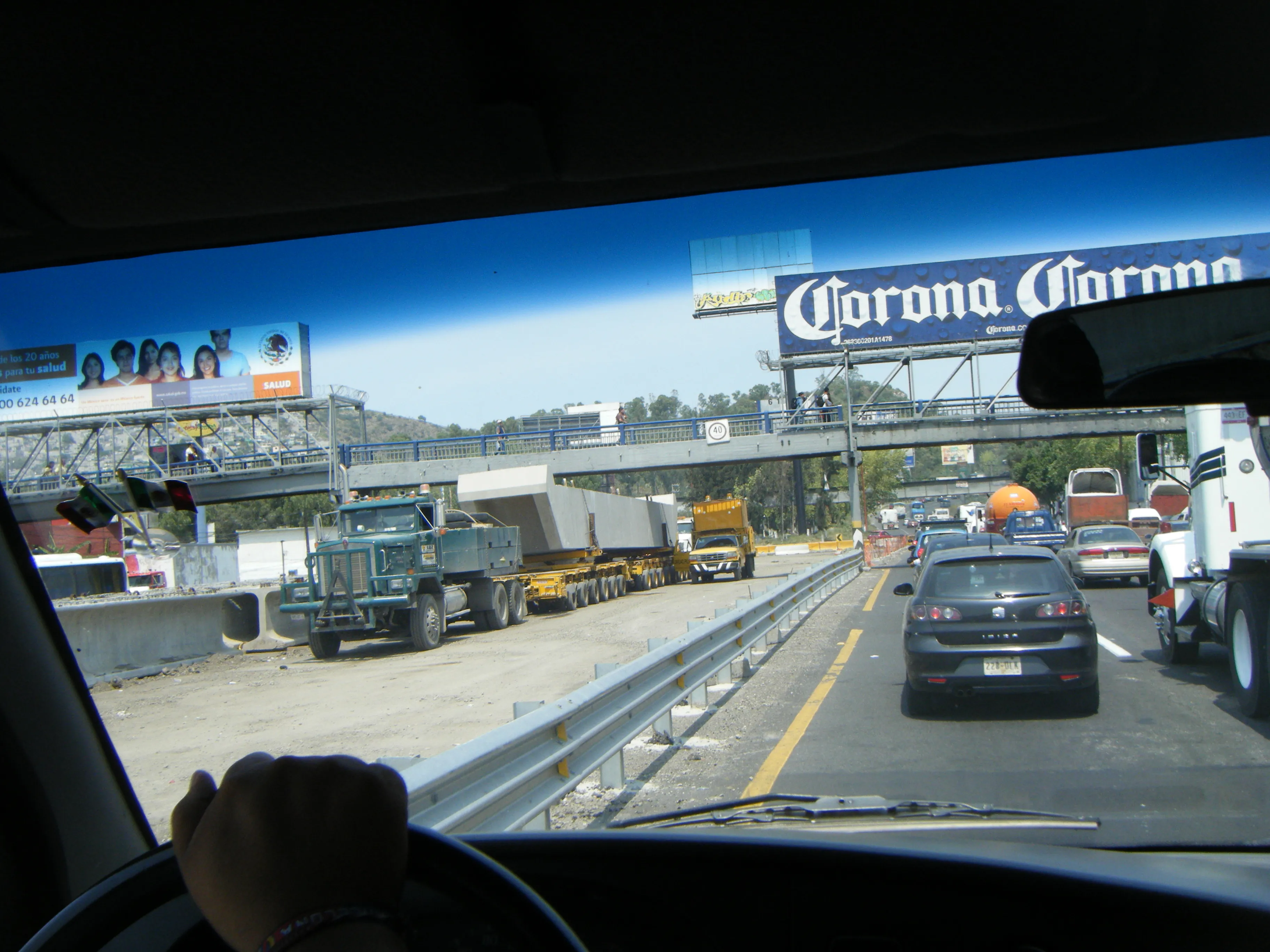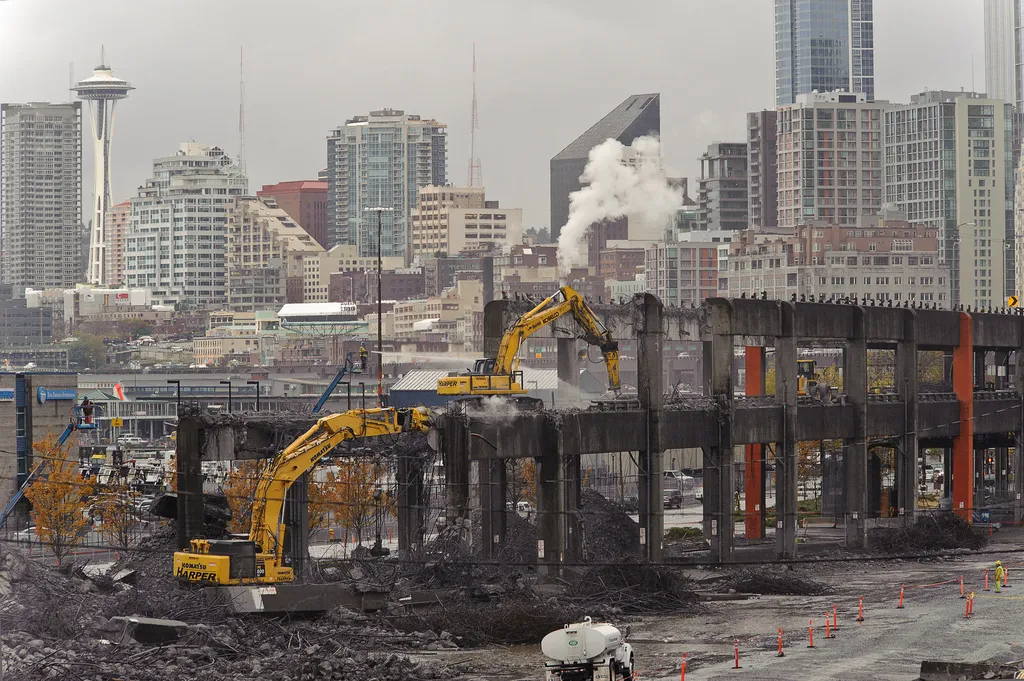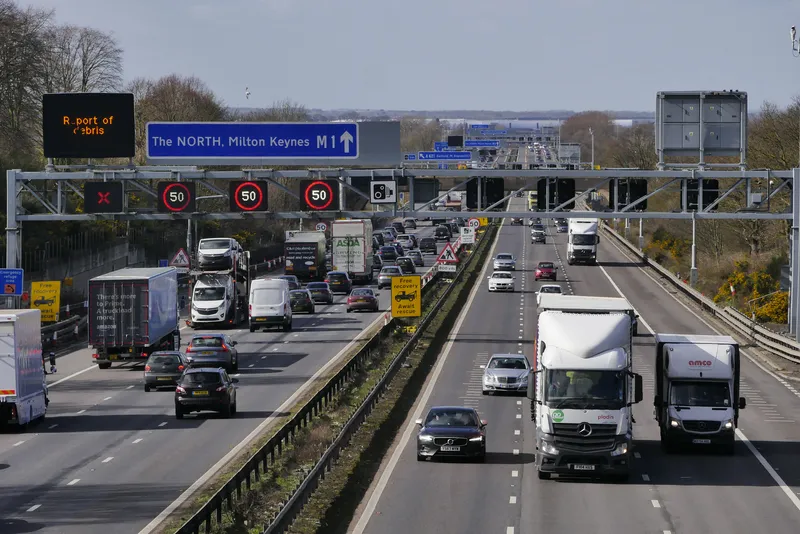A planned series of road improvement and upgrade works is intended to help reduce Bangkok’s chronic congestion problems. In all 204 road projects are planned for Bangkok or the surrounding area. The work is expected to be carried out from 2019-2030, with a value of some US$9.26 billion in all. The road development programme has been planned by the Office of Transport and Traffic Policy and Planning (OTP), with the work to be carried out in three phases. Include in the work will be the construction of bridge
April 6, 2018
Read time: 1 min
A planned series of road improvement and upgrade works is intended to help reduce Bangkok’s chronic congestion problems. In all 204 road projects are planned for Bangkok or the surrounding area. The work is expected to be carried out from 2019-2030, with a value of some US$9.26 billion in all. The road development programme has been planned by the Office of Transport and Traffic Policy and Planning (OTP), with the work to be carried out in three phases. Include in the work will be the construction of bridges and tunnel sections.








